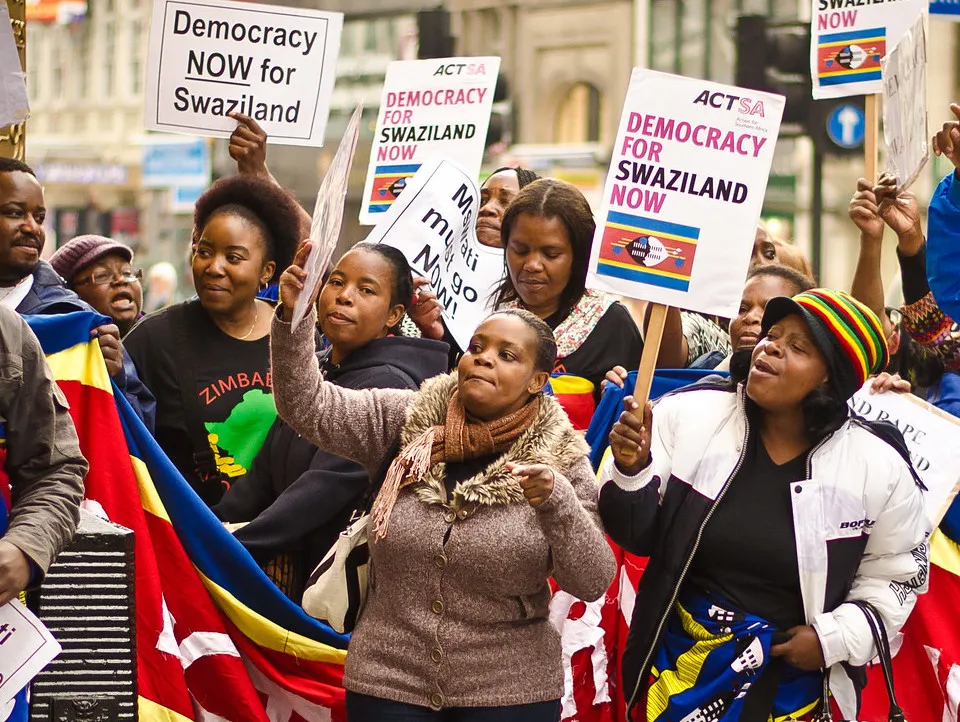Explainer: Inside Eswatini’s Struggle for Democracy

It is not often that events in Eswatini capture international headlines. The small country, nestled between South Africa and Mozambique and formerly named Swaziland, has often been neglected in favour of its larger neighbours. The suspected state assassination of democracy activist and human rights lawyer Thulani Maseko on 21 January has proved to be one of these exceptional occasions and has given the world a glimpse of the country's decades-long struggle to democratise the last absolute monarchy in Africa.
To better understand what is happening in Eswatini we looked at the country's system of government, those who are trying to reform it, how the struggle has evolved and why it matters to Africa. A positive outcome to Eswatini's democracy struggle could become a powerful source of inspiration for the many beleaguered democratization efforts taking place elsewhere in Africa.
How is Eswatini governed?
Eswatini has a dual system of government, which combines the Westminster system (a legacy of British colonial rule




